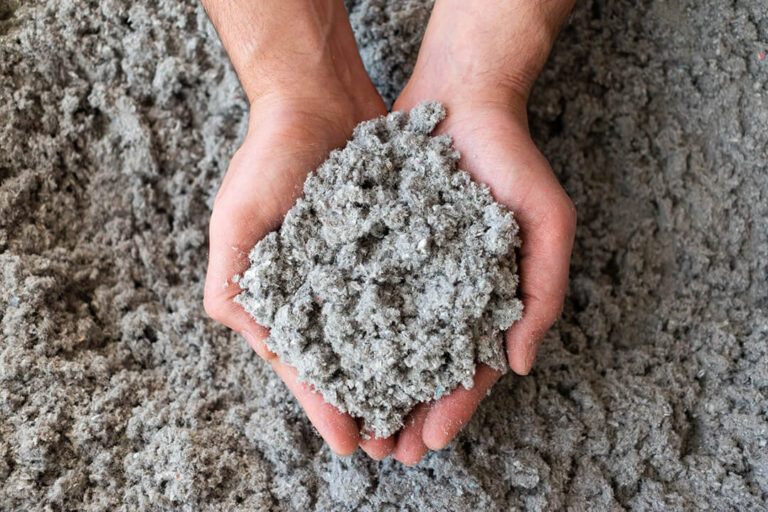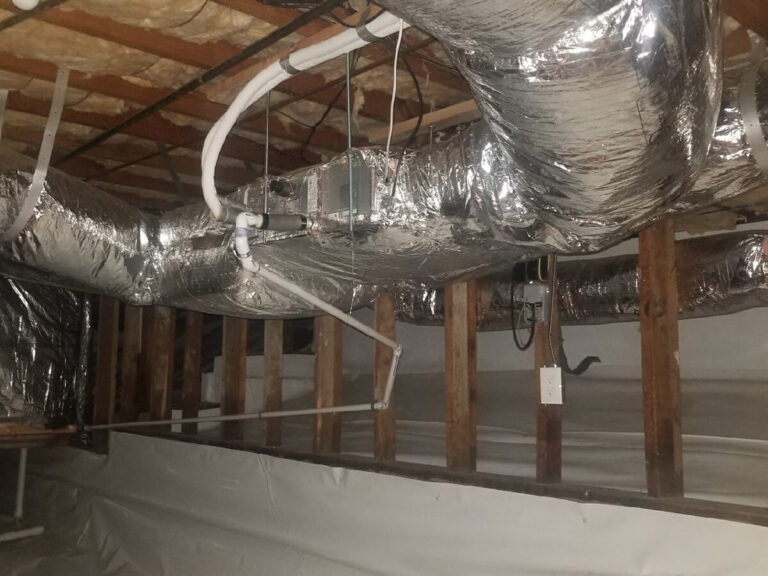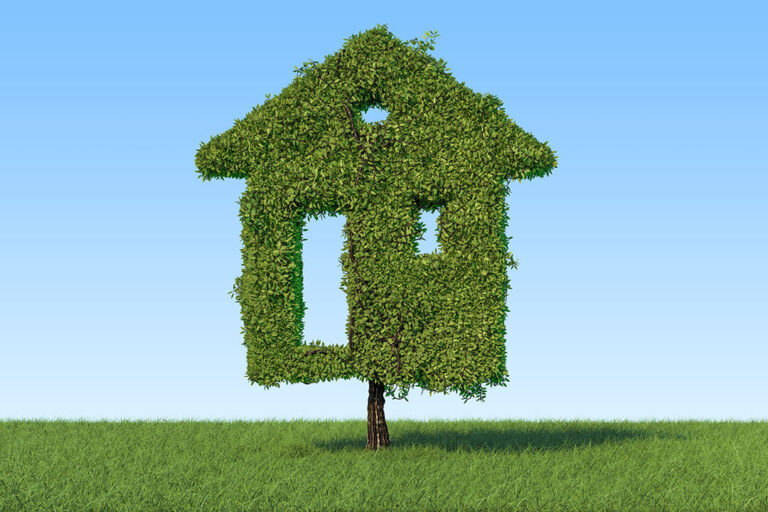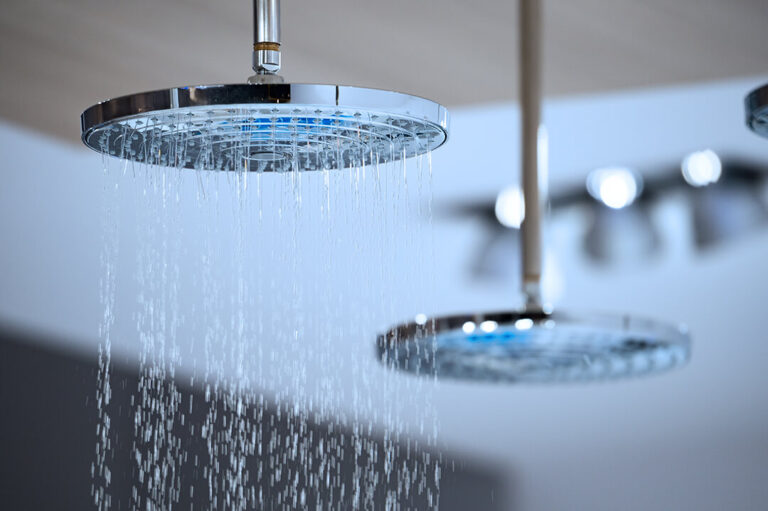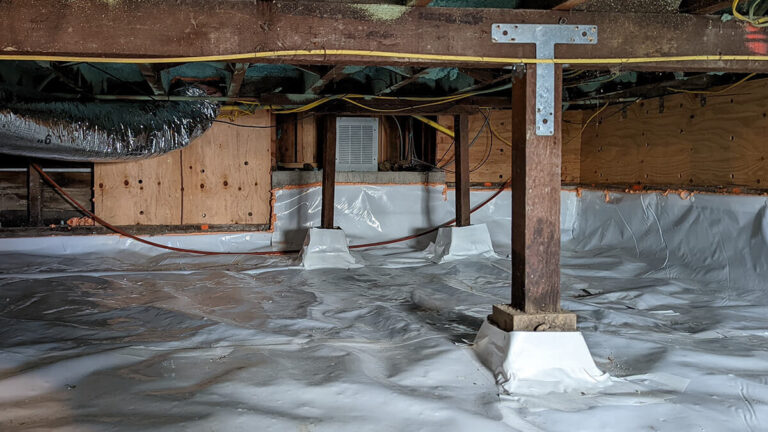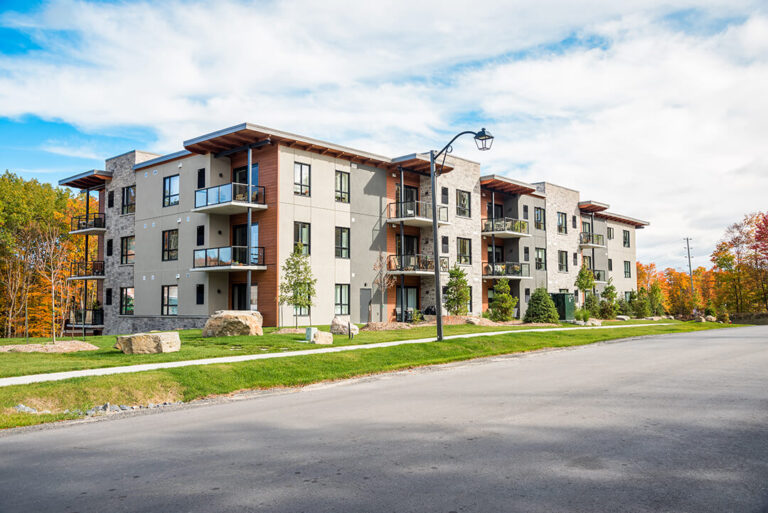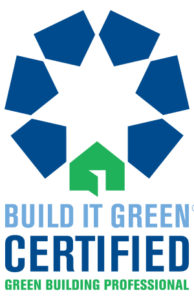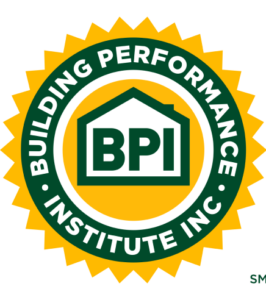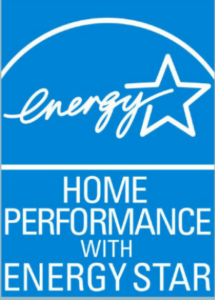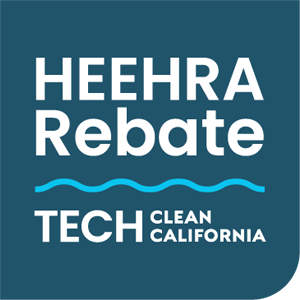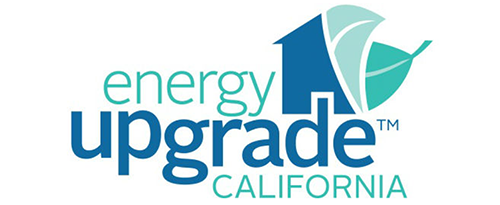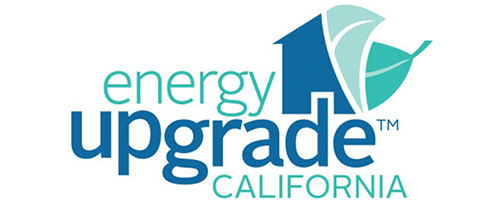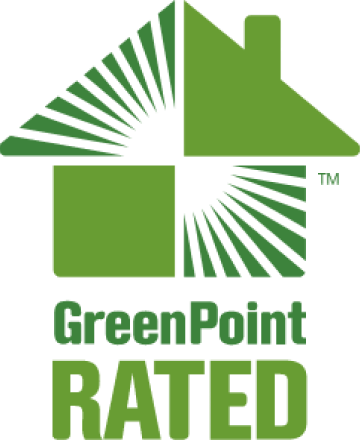1. On-Demand Water Circulation: A must-have for water conservation
Demand Recirculation Systems are a great way to save water and energy, especially if you have remotely placed water fixtures. They are easy to install and can fit into nearly any plumbing setup.
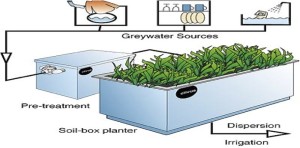
2. Greywater Systems: Consider during new builds, or when remodeling a bathroom
“Greywater” refers to wastewater from sinks, showers, and laundry. “Blackwater,” on the other hand, includes water from toilets, dishwashers and garbage disposals. In general, we don’t separate the two, and we treat it all together. This is not efficient. Greywater has relatively few pathogens, and does not need to be treated the same way as blackwater. Greywater can be treated or recycled on-site, and used for toilets and irrigation.
Large greywater systems have been successful in commercial applications (think hotels, dormitories). For individual homes, they can be a bit pricey, and also require a significant amount of maintenance (stored greywater needs to be treated with chemicals, UV, or filters). They may be worthwhile if you use a lot of water for irrigation.
Other options include smaller systems, which can simply store some of your shower water and use it to flush the toilet. You can also redirect rainwater from your roof into storage tanks.
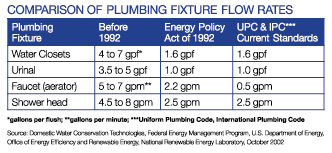
3. Low-Flow Fixtures: Very cost-effective
Low-flow faucets, shower heads, and other appliances, use pressure to achieve the same effects as older, traditional models, while using significantly less water. They are relatively inexpensive, and will soon be the new standard. They are essential to California’s long-term water issues, as described in this bill.
4. Check for leaks – and then fix them!
Determine if you have leaky plumbing, by conducting this test. Even a small leak or dripping faucet can add up to a lot of water. If a faucet drips once per second, it can waste more than 3,000 gallons per year!
5. Landscaping Water-Saving Practices
Consider Xeriscaping. This is a landscaping strategy that encourages native, water-efficient plants, minimizing the need for irrigation.
*TIP* Your lawn is not water-efficient! Sorry!
Use mulch. Mulch helps prevent evaporation, keeping the soil moist. It also helps prevent weed growth and erosion, among other benefits.
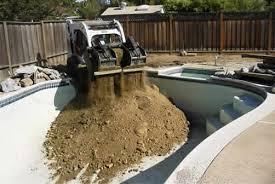
Break down and fill in your pool. Too extreme? Then at least check it for leaks, get an efficient pool pump, and use a pool cover and lower the water temperature to reduce evaporation.
For more information, call (925) 363-4498 or e-mail info@epbuilders.com to speak to a technician, or schedule an energy audit.
